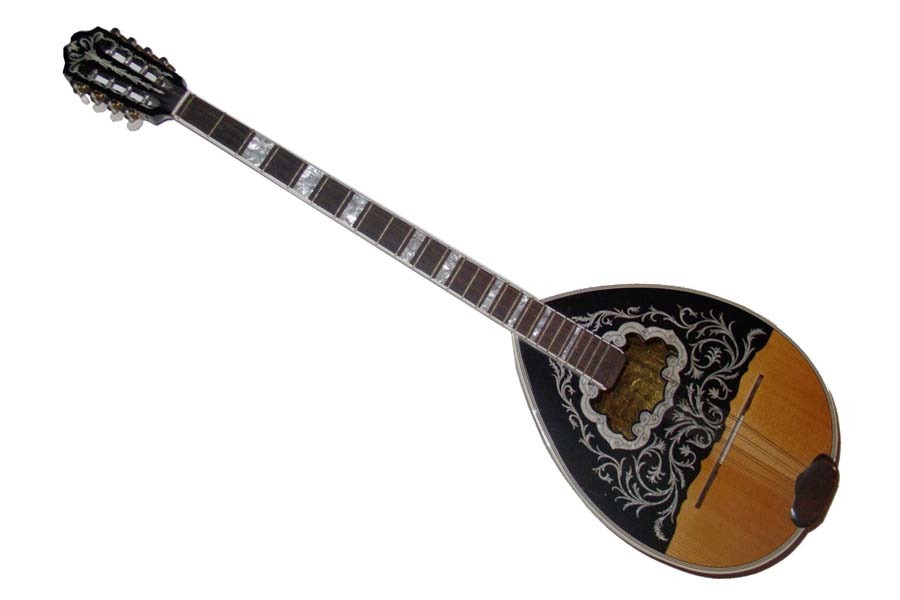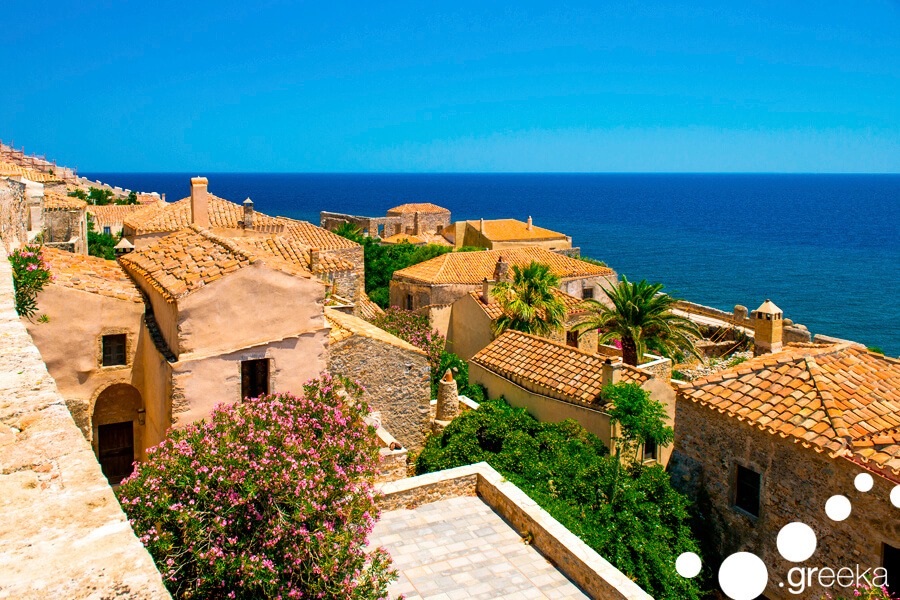By on 26-07-2017
Share this post:
Rebetiko or rebetika in the plural is the type of music that has marked the history of the Greek folk for ages. The exact origins of the word rebetis where rebetiko derives from, are obscure and nobody has exactly agreed on what the etymology might be but some definitions suggest that it comes from the Greek-Latin word of rebitos that alludes to a blind, wanderer and misguided person. Whichever the origin, rebetiko has certainly marked a unique tradition in the area of Athens and has always been accompanying the Greek folk in a time of hardship and despair.

The rebetiko tradition started in the early ’20s and ’30s when there was a very intense political and social upheaval in Athens due to the big immigration waves from Asia Minor. Much hunger, despair, and misery were to be met in the streets of Athens on a daily basis and what else could be a better form of expressing oneself than music.
The first introduction of the folk to the world of rebetiko was through a quartet formed by two Greeks and two refugees under the supervision of Markos Vamvakaris who is by many considered to be the father of rebetiko. This new formation also added the musical instrument of bouzouki in the synthesis, thus applying a very distinct yet new color to this style of singing.
Rebetiko is characterized by its urban thematology about prison and wandering “lads” of the folk. The center of its interest was mostly degraded “heroes of the people” who had suffered a lot in life and were poor but yet remained strong.
Although the thematic core of rebetiko is the underground obscure hero, it has gathered big audiences from all backgrounds who even if they didn’t understand much about it were happy to listen and dance to it. Rebetiko is danced in two major ways, that of zeibekiko and that of hasapiko. Zeibekiko is a solo dance that resembles a stumbling drunken-like dance while hasapiko is danced by two and more people.
Rebetiko has since the early ’20s developed into a folk culture with many followers and subsequent musicians continuing the tradition. Moreover, many street musicians and independent formations have adopted this style and mixed it with more contemporary music styles, thus creating a very hybrid music genre. Many have characterized rebetiko as the equivalent of blues in Greece.
In Athens and especially around the Piraeus area, you will find many small taverns and traditional kafeneia (folk cafes) where rebetiko is still played live using the traditional bouzouki and other instruments. More than that, there are dozens of places where you can enjoy the traditional ouzo or tsipouro and listen to this music. In Athens, the areas of Kallithea, Petralona, Koukaki, Plaka, and Monastiraki have a lot of these shops.
Additionally, there are many feasts across Greece that are accompanied or even dedicated to rebetiko songs. In Thessaloniki and general areas of the mainland, various local feasts celebrate this old Greek tradition about poverty and life obstacles which is more than ever now contemporary for the Greeks. Also, in many university venues, students organize rebetiko parties that sometimes last until early the next morning. Also, many music cafes and restaurants organize “Rebetiko Nights” where you can enjoy folk nights and unique Greek experience.
Discover more music types in Greece.



